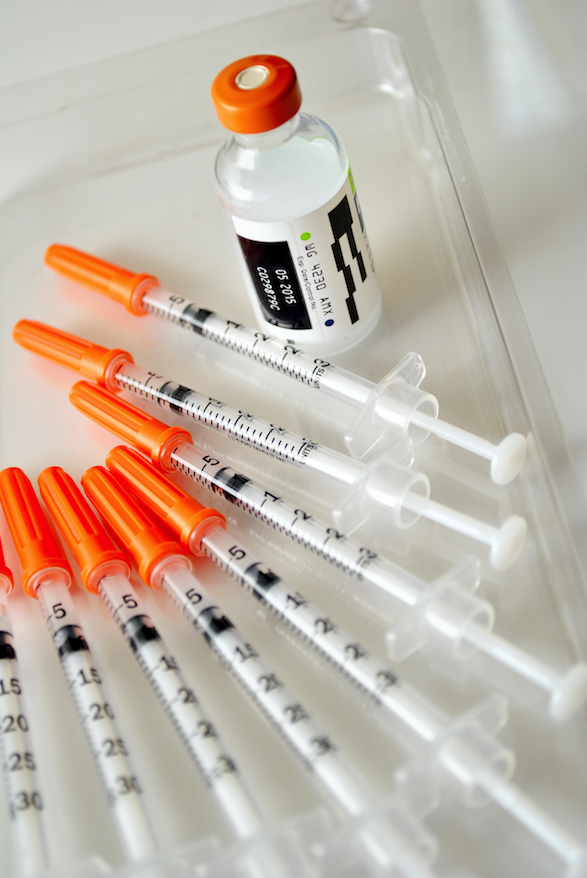By Elayza Gonzalez
Vaccinations are not just for your childhood. According to the Immunization Action Coalition, the nation’s premier source of childhood, adolescent and adult immunization information, getting vaccinated can be a lifelong job. You are never too old to strengthen your immune system and protect yourself from disease. These are the top vaccinations recommended by the Centers for Disease Control and Prevention for adults aged 19 and older.
Influenza
Fall/winter brings the holidays, but it also brings the flu. It is recommended that adults get one dose every year for your protection and the protection of others.
Whooping Cough/Pertussis (Tdap)
Tdap is the adult whooping cough vaccine, and all women need to get a dose during pregnancy (preferably at 27 to 36 weeks).
Tetanus/Diphtheria (Td)
You should have at least three tetanus and diphtheria toxoid shots sometime in your life, especially if you have ever had a deep or dirty wound. It is also recommended that you get a Td booster every year.
Human Papillomavirus (HPV)
This vaccine protects against HPV, which causes most cervical cancers, anal cancers and genital warts. It is recommended for women up to 26 years old, men up to 21 years old and men ages 22 through 26 in same-sex relationships.
Zoster/Varicella
Zoster protects against shingles and complications from the disease, and it is recommended for adults aged 50 and older. Varicella protects against the chickenpox. If you have not had this vaccine or are not immune to chickenpox, you should get two doses four weeks apart.
Pneumococcal (Pneumovax, PPSV, Prevnar, PCV)
This vaccines protects against pneumococcal disease, including infections in the lungs and bloodstream. It is recommended for adults aged 65 and older and adults younger than 65 with certain chronic health conditions.
Hepatitis A or B (HepA/HepB)
If you have a specific risk factor for either virus infection or just want to be protected from the disease, you should get both. HepA is given in two doses six to 12 months apart, while HepB is given in three doses, usually over six months.

